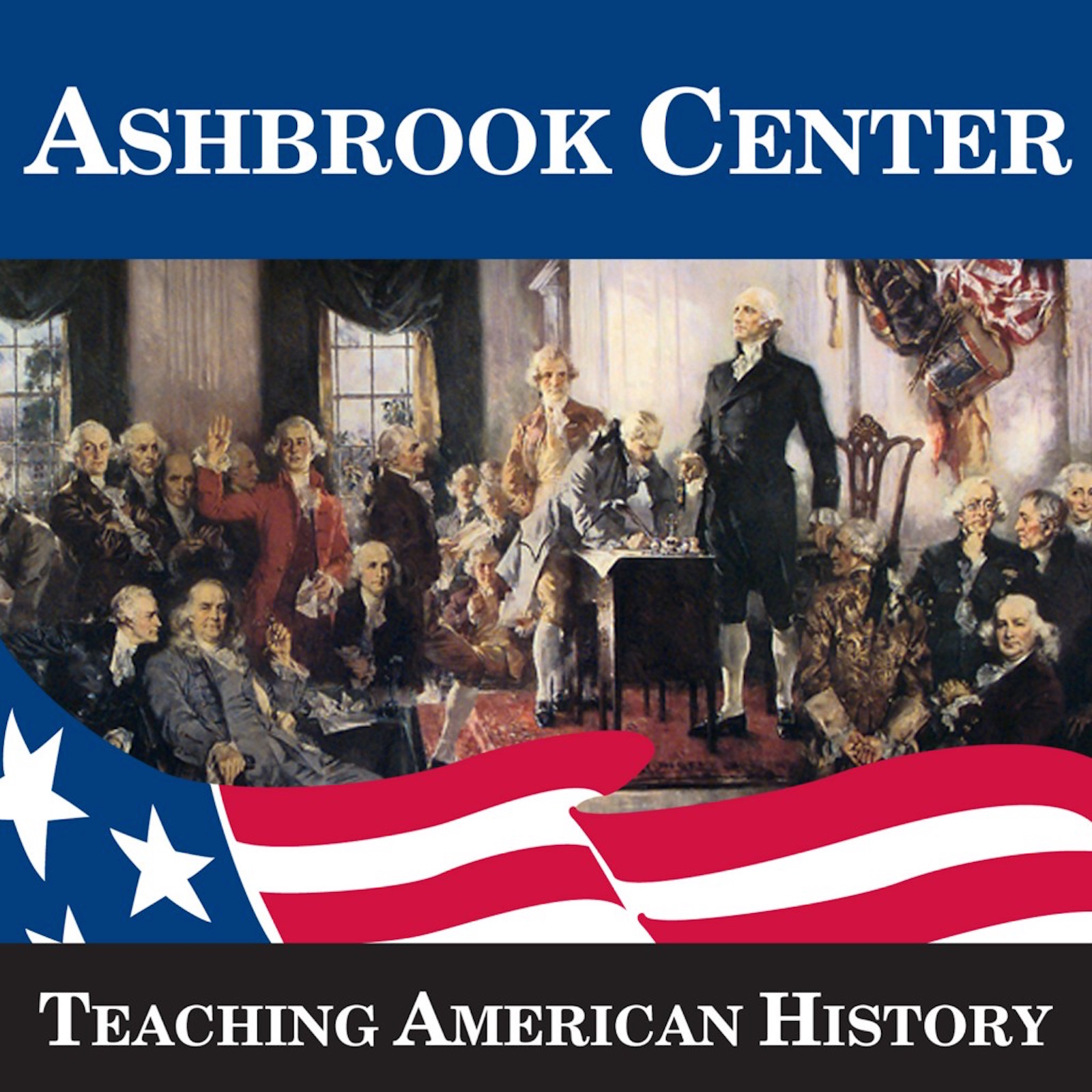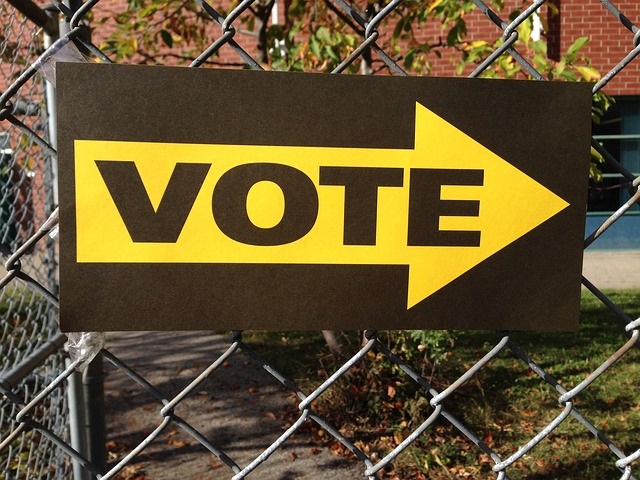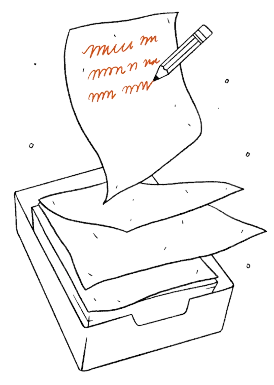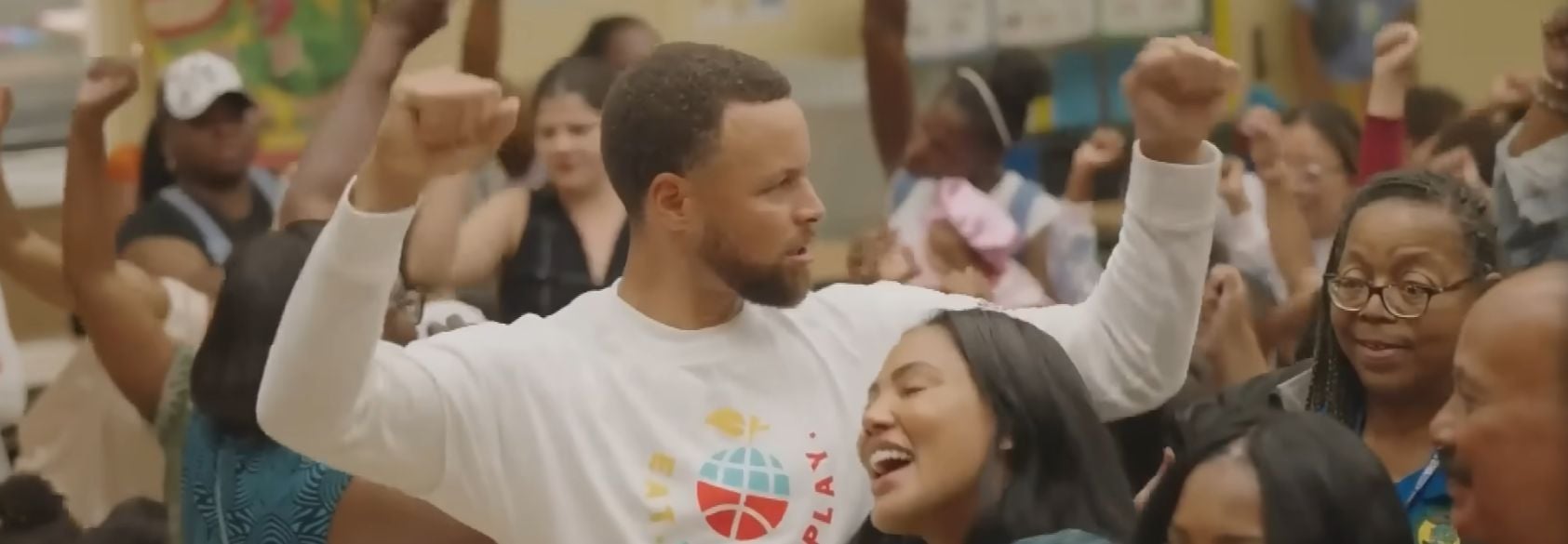By Jeremy Gypton
It’s election season again, and with it has come encouragement and admonition from all angles to “just vote!” Celebrities, teachers and politicians—so many of them tell us to get out and vote if we can. Implicit in these words is the notion that being involved in our political system—that is, being civically engaged—is a good thing. When more people in our large, diverse population are formally involved, more ideas are accounted for and incorporated into the whole, which ideally benefits all of us.
Taken at face value, civic engagement is a good thing. As an American, you have the same right as anyone—rich, poor, dog lover, pop music fan, whatever—to express your ideas and hopes for yourself and society. You have a right—a natural, inherent right—to liberty and your own opinions, and to act on them within the system. Most would agree with all of this. You shouldn’t “just vote,” however. There’s an important first step to take before you cast your ballot, and that’s to get informed.
The vote is one of the most powerful political acts an individual can perform, and using it without forethought and deliberation is foolish, wasteful and disrespectful to the many who have worked so hard and sacrificed so much to ensure that we still have a system through which we can strive for a “more perfect union.”
Calling it “foolish” may sound extreme, but would you, based on the appearance of the packaging alone, give your mother a bottle of pills to take? Would you disassemble your computer or game console and ”fix” it without having some understanding of how the thing is supposed to work in the first place? Probably not, right? Without some foundational knowledge, the likelihood that you will cause damage is high, and the chances that you will do well are low. Our system of government is no different. If voters don’t understand how the system works, they are likely to do more harm than good.
This is where civic education is so important for all of us and for you as an individual. Knowing what’s going on and understanding it are essential in helping you make the best choice when voting. When getting under the hood of a car in response to hearing a strange sound, it pays to know what sounds the car is supposed to make in the first place, and how different repair approaches might deal with it—if it needs attention at all. Civic education begins with the basics: the Constitution and the words and ideas of those who’ve weathered great storms in our history, or braved the odds to make needed changes. Read Washington’s Farewell Address to see advice that our first president gave the country, and how much of it is still valid today. Consider Lincoln’s words in his Gettysburg Address, and what he saw as unfinished in America. Read and listen to Martin Luther King Jr.’s “I Have a Dream” speech and think about the progress he’d seen and what he knew had yet to be achieved. And read the Declaration of Independence, which Lincoln called the “Apple of Gold,” in which our loftiest ideals and goals are expressed.
Each time Election Day rolls around, you have your chance to be clearly, actively involved and to have your voice heard. It doesn’t matter how many memes you’ve passed along via Twitter or Facebook, or how many long discussions you’ve had with friends over what a mess things are. If you don’t seize the opportunity to express your beliefs through the vote, your opinions aren’t likely to shape anything, because you remained silent. And, again, how can you be sure that you are casting your vote wisely without knowing the basics of the system, candidates and issues?
Thomas Jefferson, certainly an imperfect person, believed in the perfect idea that we are all created equal, and have certain natural rights. The pursuit of happiness is one of them, and your right to vote is one of the most certain ways you can express how you’d like that happiness to look, as shaped through government at all levels. Use the franchise, and use it wisely.
Jeremy joined the Ashbrook Center in 2014 as a Teacher Program Manager. Prior to his work with the Center he served as a high school administrator and curriculum leader for three years, and a teacher of a variety of Social Studies courses for 11 years in Tucson, Arizona. He has taught both Advanced Placement U.S. History and U.S. Government and Politics as well as Dual Enrollment courses for Pima Community College in Tucson. He has extensive experience in curriculum studies, teacher professional development, and instructional technology.
The Ashbrook Center’s TeachingAmericanHistory.org is a member of the Civics Renewal Network, which is a collaboration among 29 nonprofit, nonpartisan organizations that provide high-quality, free classroom resources for civics education. The network’s mission is to raise awareness of the importance of creating informed, engaged citizens and making civics education resources easily accessible to teachers through a one-stop website. In addition to the TeachingAmericanHistory.org, the network includes the AFT’s Share My Lesson, the Annenberg Public Policy Center, Bill of Rights Institute, Center for Civic Education, Library of Congress and the National Archives.












